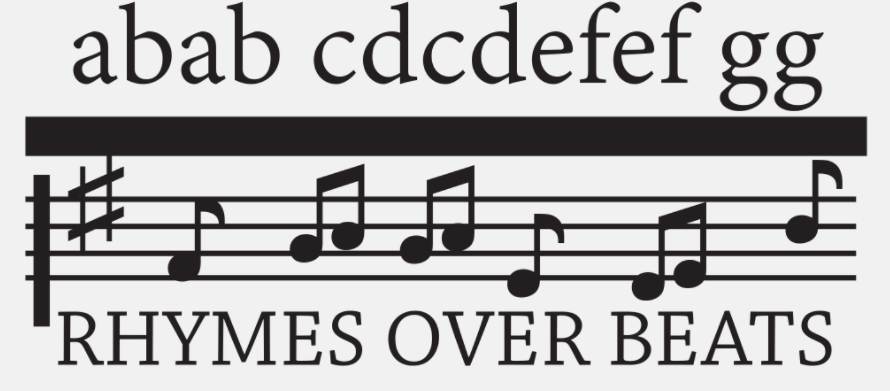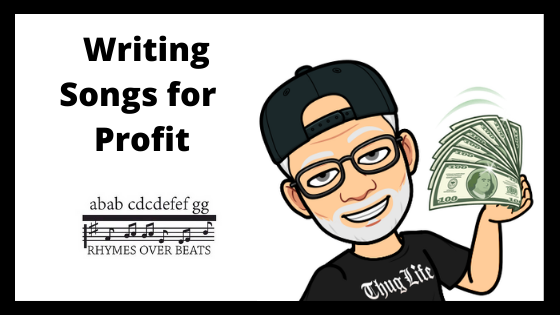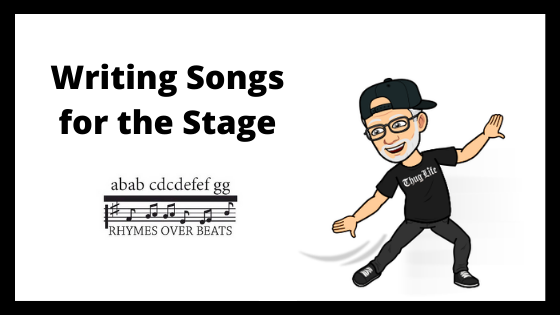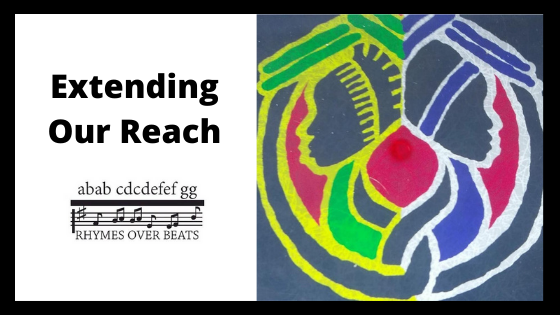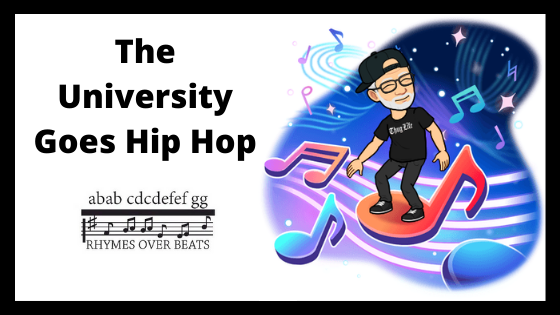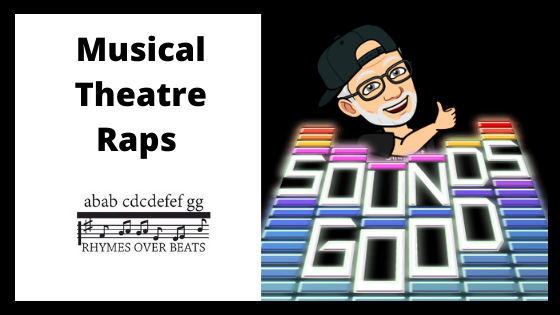
Musical Theatre Raps
Songs in Musicals
My blog posts for the last two weeks discussed reasons why those artists who write rhymes and beats should write for theater. This week’s blog is how I think hip hop songs are best used in musical theatre.
A musical tells a story.
- It has a beginning where the hero (and the hero’s needs) gets introduced with the world the hero inhabits.
- It has a middle where challenges to the hero’s needs are presented, and
- An end where the challenges are met (or not).
Each of these sections are musicalized most successfully in different ways.
The opening requires lots of information to be conveyed quickly and efficiently. The middle shows the conflict. The end bring about the resolution, either joyful or bittersweet.
Look at the Structure
Musical structure is similar to a roller coaster. A ride that is most interesting is one that goes up, down, as well as on the level. The style of a song performs this function in a musical.
What this means is that not all the songs in a hip hop musical should be raps. A rap style works best when information needs to be given to the audience.
The opening, which requires that we learn who the hero is and what the world of the musical is, is the perfect place for rap to be used.
At least this is what we think.
What do you think?
Let us know if you agree or not.
